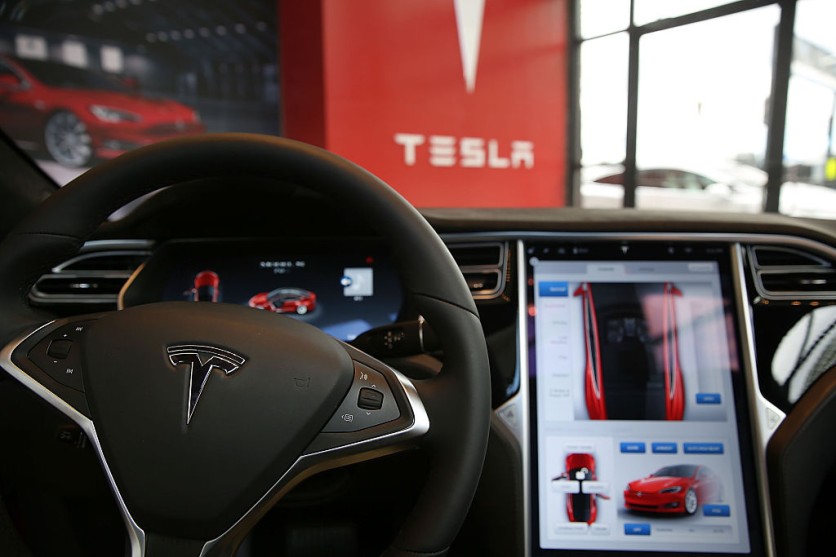Self-driving car manufacturers have some concerns to consider before launching their new autonomous vehicles. A study suggested three things to look into, and the benefits of said tech to keep them going.

Most autonomous car pursuits are getting a reset, as there are much needed improvements needed to replace human drivers, the New York Times reported.
With that, Uber and Lyft are looking into other cheaper ventures, and have let go of their ambition of developing the said tech. Tech giants, as it seems, have too much capital to spare to continue with self-driving cars.
It includes Google-backed Waymo and Amazon's Rivian start-up.
Lyft, for instance, decided to sell its self-driving attempts to Toyota. Likewise, Uber has given up after millions of dollars spent, and sold its unit to a Silicon Valley start-up, the New York Times wrote in the same report.
Will all this said, one thing is certain: the driverless concept of cars still needs improvement.
Self-Driving Cars: What Needs to Be Improved
A study conducted by the University of Kent, Toulouse Business School, ESADE Business School, and ESSCA School of Management identified the top concerns for self-driving vehicles.
The researchers knew what most self-driving cars still lack via quantitative surveys and qualitative interviews, The Next Web noted.
As a result, the topmost three concerns are:
Firstly, artificial intelligence and sensor systems pose a safety risk to their users. The performance of the two should be highly prioritized to ensure it could drive along the cluttered roads of America.
Secondly, as hacking has been a lucrative business for ransomware groups, consumers are, in turn, concerned about cybersecurity. Hacking a self-driving car is not far-fetched as it relies mainly on artificial intelligence.
And lastly, consumers are also worried about the reliance of the vehicle in an automated system. They assume that driving competency has degraded because of it.
Read Also : Domino's Self-Driving Pizza Delivery Robot From Nuro Rolls Out in Houston-How Does It Work?
What are the Benefits
Companies like Google and Tesla are not pursuing self-driving tech for no reason. It could compensate for what human drivers lack. And despite the struggle and complexity of achieving just that, here are reasons for these companies to move forward:
Firstly, it provides the ability to ease up traffic through better prediction, and speed handling.
Secondly, human error that leads to gore accidents could be long gone. And lastly, as time has been more immaculate than ever, a self-driving car could also free up time that fades when spent driving.
These suggestions could be helpful before self-driving trucks fill up the street of the United States.
This article is owned by Tech Times
Written by Teejay Boris
ⓒ 2025 TECHTIMES.com All rights reserved. Do not reproduce without permission.




